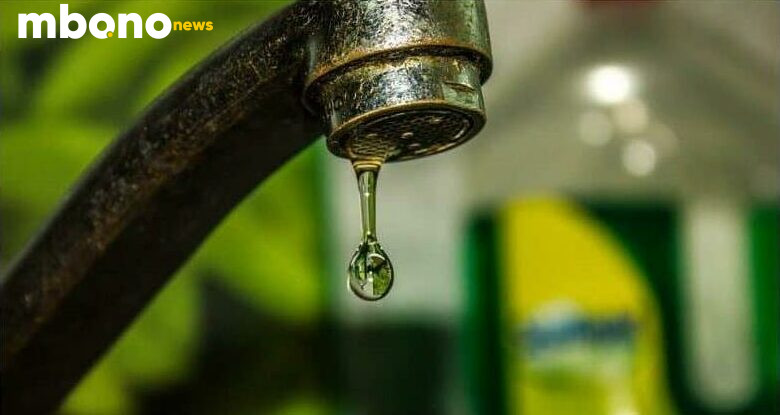South Africans can breathe a sigh of relief: the Department of Water and Sanitation (DWS) has confirmed that minuscule traces of antiretroviral (ARV) drugs found in some water sources pose no health threat to the public.
Recent tests by the Water Research Commission detected extremely low concentrations of ARV compounds in rivers and drinking water systems, particularly in Gauteng and the Western Cape. These residues are linked to human waste, as millions of South Africans rely on ARV treatment as part of the country’s robust HIV response.
But experts say there’s no cause for alarm. DWS spokesperson Dr. Sipho Mkhize assured citizens that the levels—measured in nanograms per litre—are far below thresholds of concern. “Our water treatment systems meet World Health Organization standards. The trace amounts found are scientifically negligible and absolutely safe,” Mkhize stated.
The detection has prompted plans for further investment in infrastructure. The department will inject R500 million over the next three years to modernize wastewater treatment facilities and strengthen pharmaceutical monitoring.
While environmental groups are pushing for more research into the long-term effects of drug residues on aquatic life, the DWS insists there’s no current danger to people or ecosystems. They also pledged to work more closely with environmental and health authorities to monitor emerging risks.
For now, officials are urging calm and confidence. The bottom line? South Africa’s tap water remains not only drinkable—but rigorously treated and closely watched.
